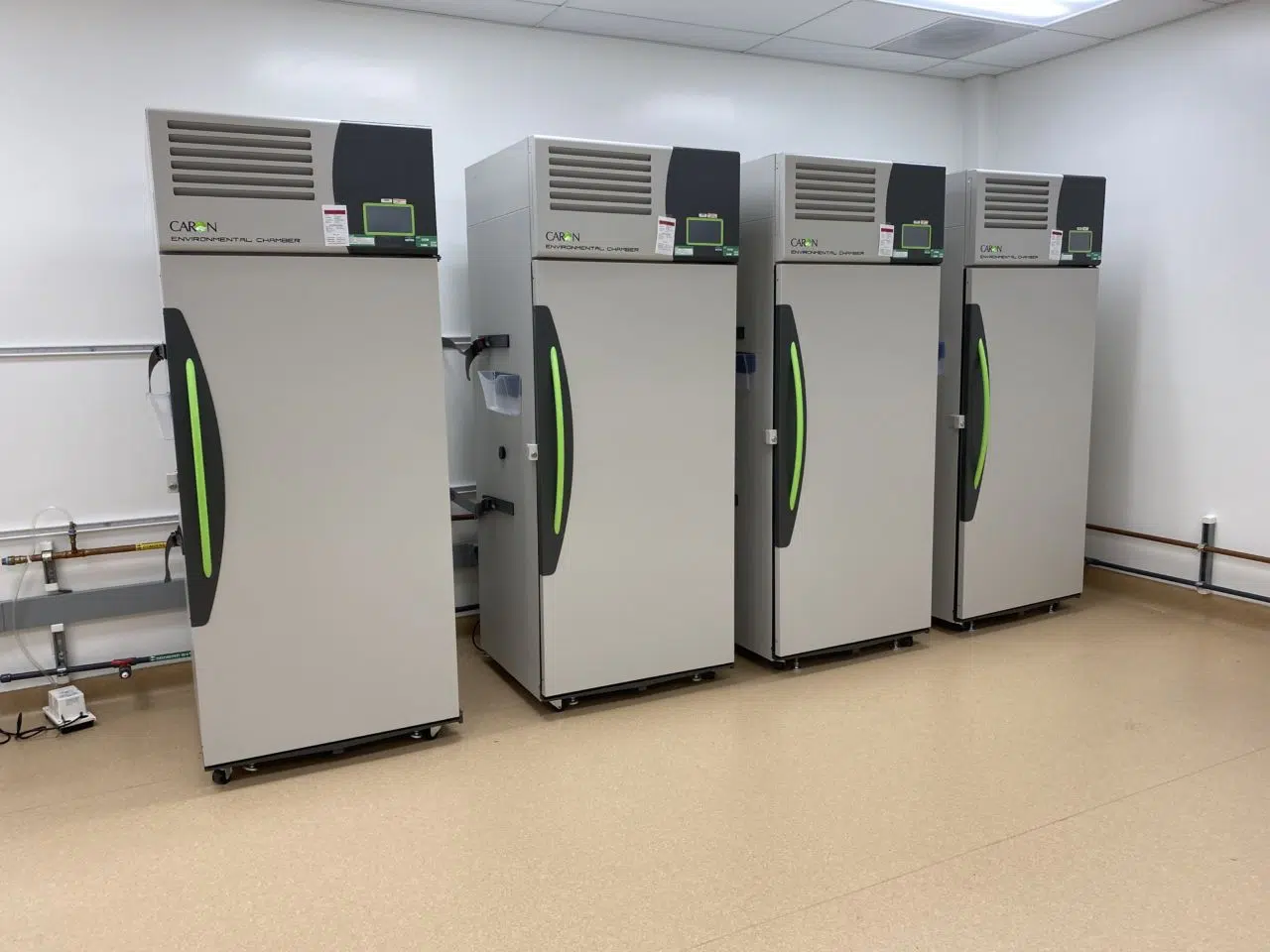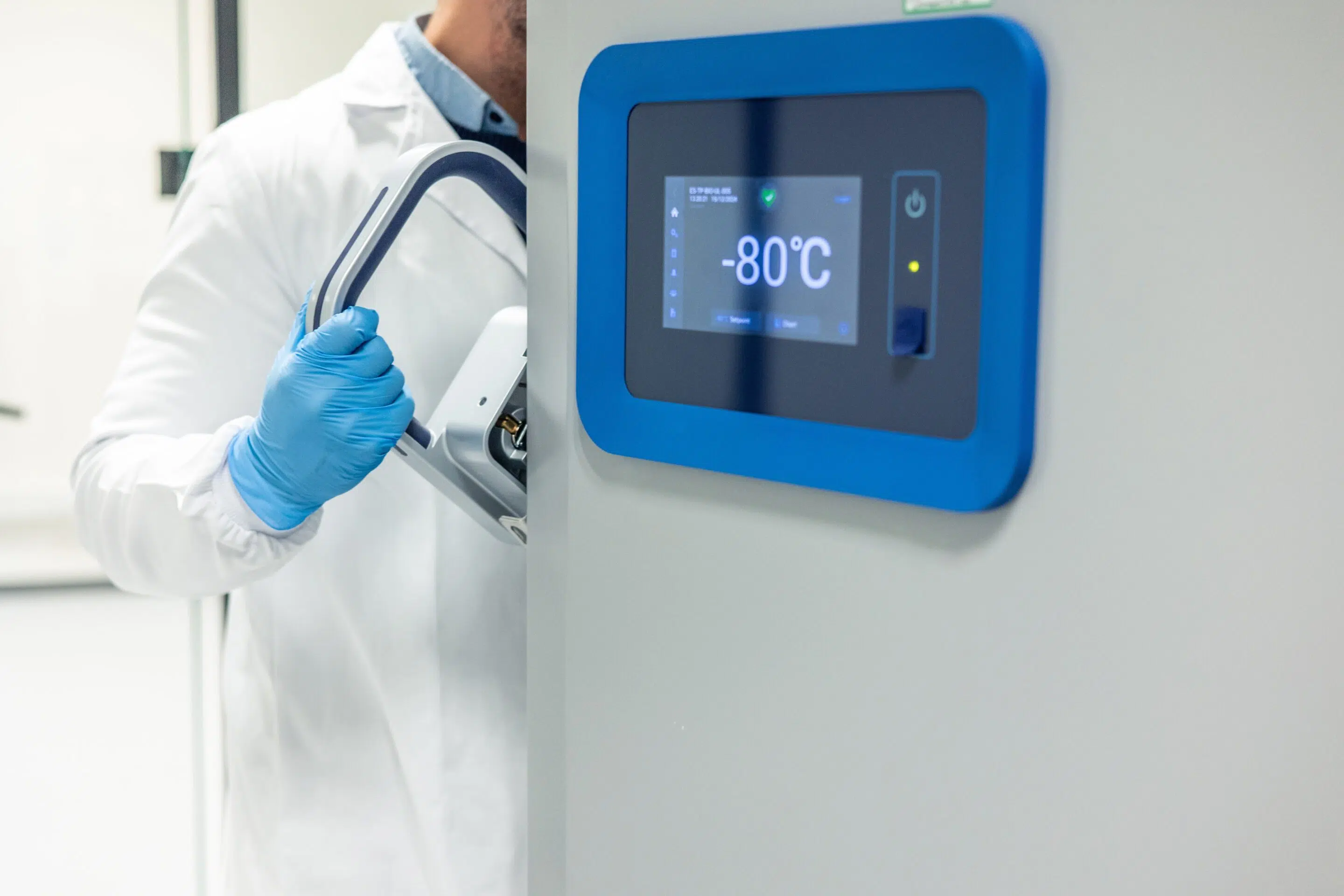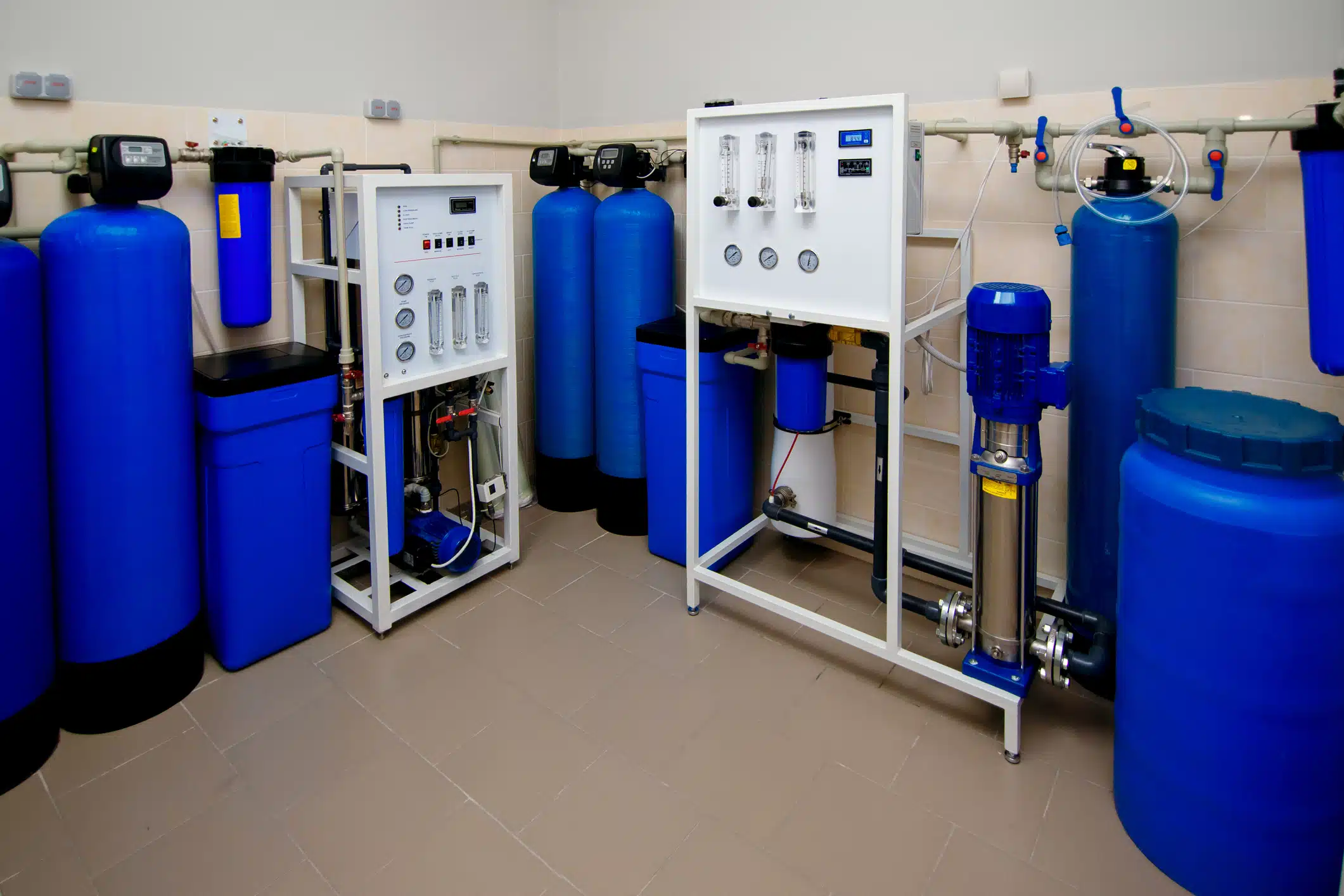Laboratory chillers play a pivotal role in maintaining precise temperature control for various applications, from analytical instruments to reaction vessels. Ensuring their optimal performance is crucial for the integrity of experimental results and the longevity of the equipment. Implementing a structured preventative maintenance program can significantly reduce unexpected failures, lengthy downtime, and costly repairs.
Key Preventative Maintenance Practices
Maintain a Daily Operational Log
Keeping a detailed log of your chiller’s operating parameters, such as temperatures, pressures, fluid levels, and flow rates, can help identify trends and detect anomalies early. Regular monitoring allows for proactive action and helps ensure consistent chiller performance.
Regular Cleaning of Condenser and Evaporator Coils
Dust and debris on coils can impede heat transfer efficiency. It is recommended to:
- Inspect and clean air-cooled condenser coils monthly using compressed air or a soft brush.
- For water-cooled systems, schedule annual cleaning of condenser and evaporator tubes to prevent build-up and scaling.
Regular cleaning ensures optimal heat exchange and prevents system strain from excessive wear.
Check and Maintain Fluid Quality
The quality of the coolant fluid directly affects chiller performance. It is best practice to regularly:
- Inspect fluid levels and top off as necessary.
- Test for contaminants or degradation, replacing the fluid if needed.
- Ensure the correct glycol concentration to prevent freezing and corrosion.
Inspect for Refrigerant Leaks
Refrigerant leaks can compromise cooling efficiency and damage the environment around the instrument. To prevent leaks from turning into larger issues, periodically:
- If available, use leak detectors to identify any refrigerant loss.
- Monitor system pressures and temperatures for signs of leakage.
- Engage certified technicians for repair and recharging if leaks are detected.
Prompt detection and scheduled repair of leaks maintains system efficiency and compliance with local environmental regulations.
Monitor Electrical Components
Electrical issues can lead to system failures. Perform routine inspections, including:
- Inspect wiring, connections, and terminals for signs of wear or corrosion.
- Check voltage and current readings to ensure they are within the specified ranges.
- Test safety controls and sensors for proper functionality.
Disclaimer: When inspecting voltage levels and electrical components, always exercise caution. Always ensure you are wearing the proper PPE for the job.
Ensuring electrical components are in good condition, and scheduling immediate repair if they are not, prevents unexpected downtimes.
Signs Your Chiller Needs Maintenance
Be aware of these warning signs that your chiller may require attention:
- Increased Energy Consumption: May indicate dirty coils or refrigerant issues
- Inconsistent Temperature Control: Could be due to fluid quality or sensor malfunctions
- Unusual Noises: Might signal mechanical wear or electrical problems
- Visible Leaks: Issues with fluid lines or seals
Identifying and addressing these signs promptly and scheduling necessary maintenance prevents further complications and lengthy downtimes.
Establishing a Chiller Preventative Maintenance Schedule
Working with your internal team and your equipment service provider, build a structured maintenance schedule that enhances the reliability of your chillers:
- Daily: Record operational parameters; check for unusual noises or vibrations
- Weekly: Inspect fluid levels; clean air filters; check for leaks
- Monthly: Clean condenser coils; inspect electrical coils
- Quarterly: Test fluid quality; inspect refrigerant levels
- Annually: Working with a certified service engineer complete a comprehensive system inspection; clean internal components; calibrate sensors
Adhering to this schedule ensures consistent performance and extends chiller lifespan.
In Conclusion
Preventative maintenance is essential for the optimal performance of chillers. Regular inspections, cleaning, and monitoring not only ensure accurate temperature control but can also extend the equipment’s lifespan, reduce energy costs, and prevent unexpected downtimes.
Partnering with a comprehensive laboratory equipment service provider, like MarathonLS, guarantees expert service, clear communication, and solutions tailored to your lab’s exact needs.




